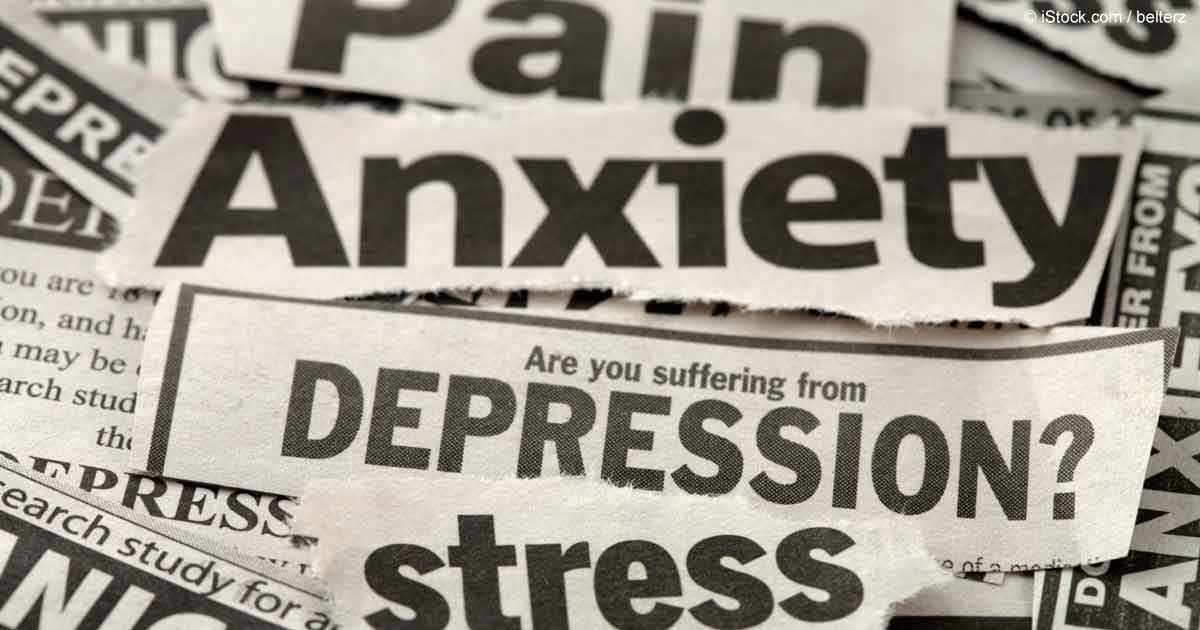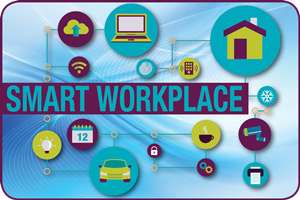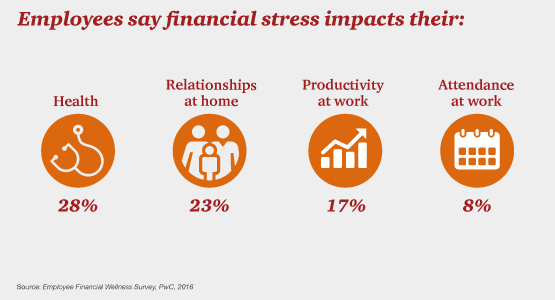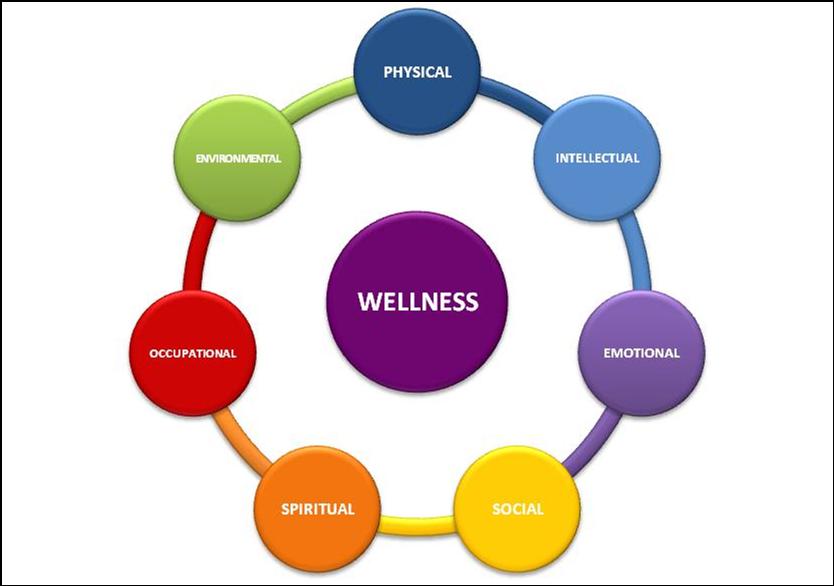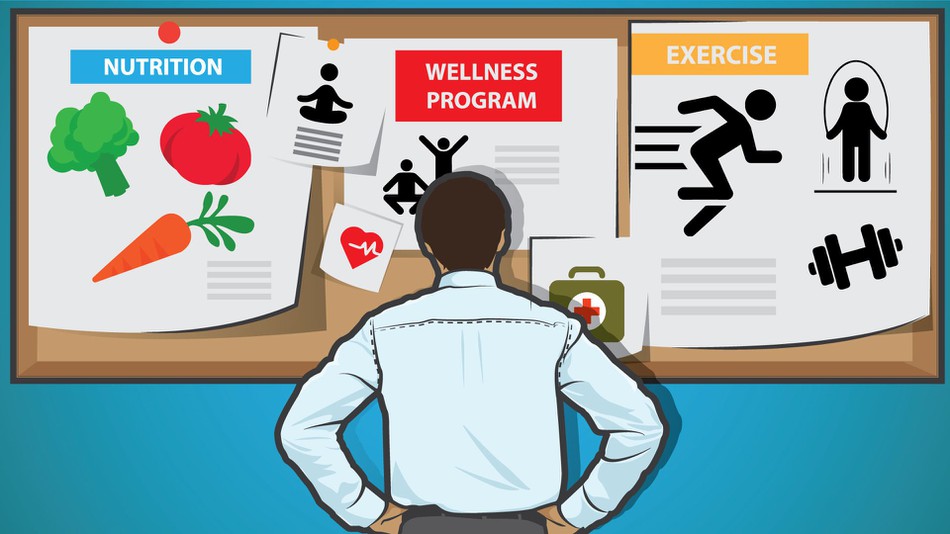Is It Stress, Anxiety or Depression? (The Guardian 24/10/2017)
Although anxiety, depression and work-related stress can be connected, they are different things. It is important to recognize that anxiety and depression are clinical health conditions, while stress is not. The World Health Organization defines work-related stress as: “The reaction people may have when presented with work demands and pressures that are not matched to their knowledge and abilities and

